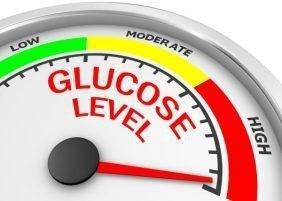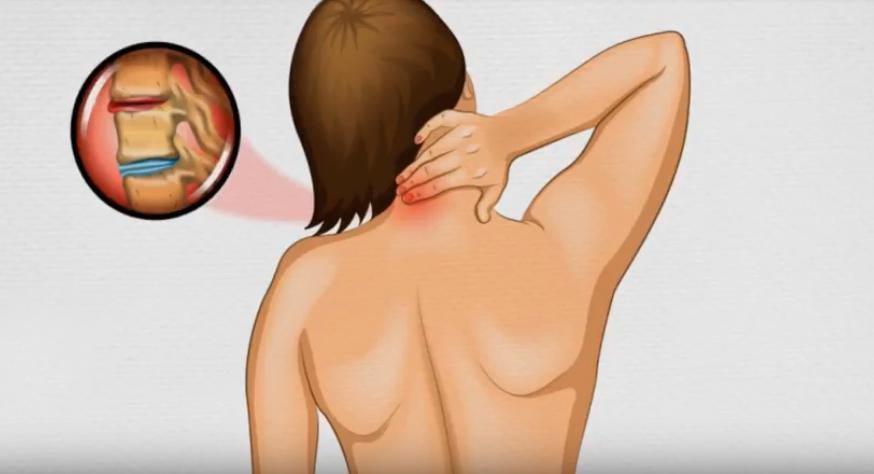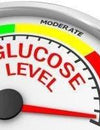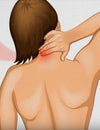No products in the cart.

Your Blood Glucose Level after You Eat can Affect Your Risk for Cardiovascular Disease.
Posted by: Didrik Sopler
https://youtube.com/embed/10nP2o_aZjI Your blood glucose level after you eat can affect your risk for cardiovascular disease. Several studies show a correlation between blood glucose levels and what happens to your arteries. The most common ways to evaluate the blood glucose metabolism is to measure fasting blood glucose and Hemoglobin A1c (HbA1c)....
Read more

Osteoarthritis in women associated with deposits in Arteries
Posted by: Didrik Sopler
Research sometimes find interesting connections we usually don’t think about. A study including 3278 women found an association between plaque in the carotid artery and osteoarthritis in the knee and hands in women (Hoeven TA, et.al., 2013). We know that inflammation is involved in osteoarthritis, even if it is less...
Read more
The latest on saturated fat
Posted by: tissuerecovery Admin
The conservative view on saturated fat has been that it is harmful. Lately fat has, however, gotten a better reputation. There are now people promoting even saturated fat as being healthy. So what should you believe?
Read more
More evidence that it matters where the calories are coming from.
Posted by: Didrik Sopler
There are still so called experts who claim that it does not matter where the calories are coming from when it comes to losing and maintaining your weight. Several studies designed in different ways have documented that it does make a difference where the calories are coming from. When we...
Read more
Change one thing and decrease your risk of dying form cardiovascular disease and cancer
Posted by: Didrik Sopler
The consumption of red meat has been associated with an increased risk of chronic disease. The research reviewed here investigated the risk of eating red meat and mortality (Pan A, et al. 2012). This was a large study and included 37,698 men and 83,644 women who were free of cardiovascular...
Read more
Showing: 1 -7 of 7





